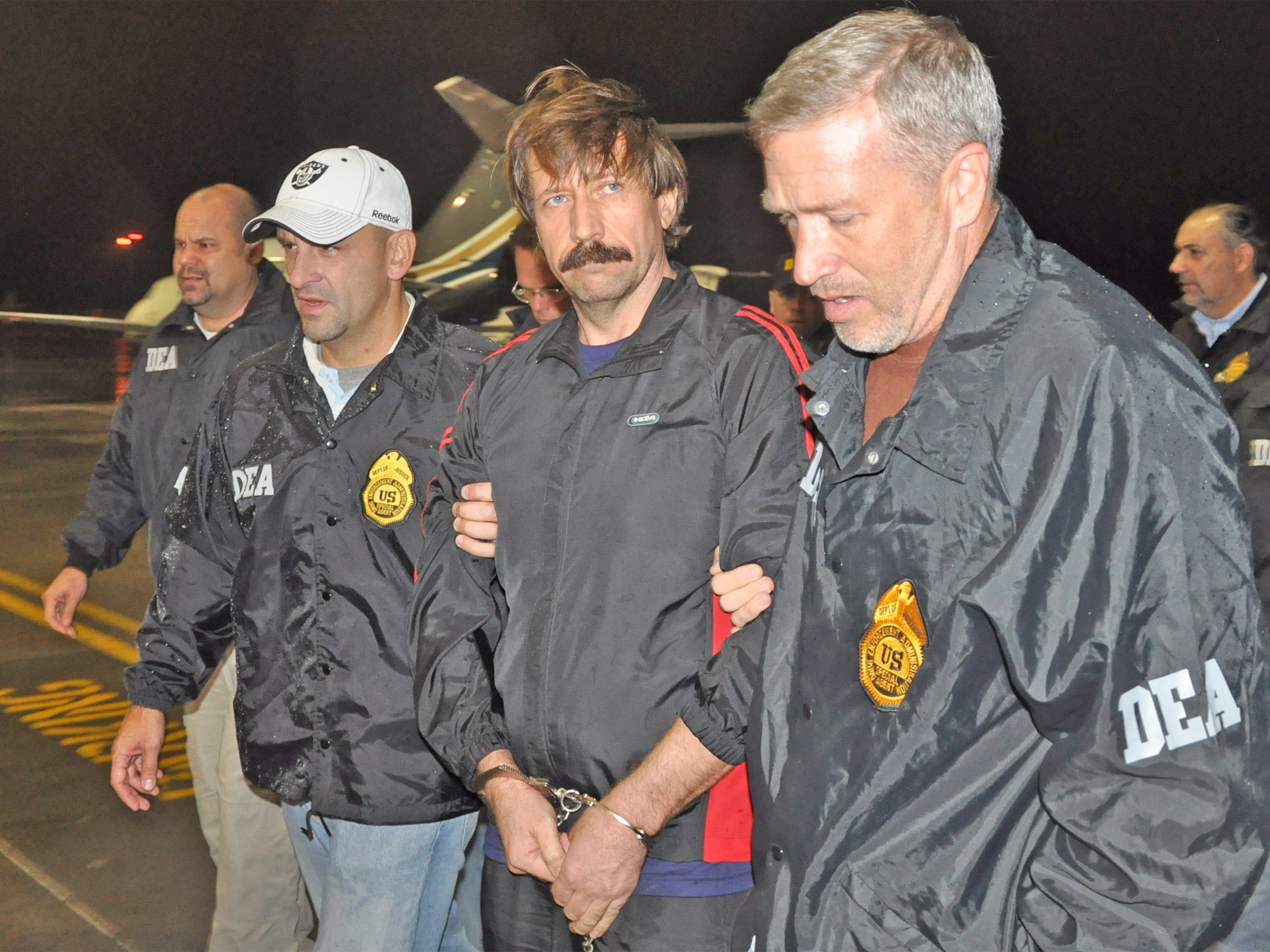Those who let Magnitsky die were hoping the case would die with him. They were wrong

When Sergei Magnitsky lay close to death in Moscow's Butyrka Prison in 2009, his worsening illness left untreated and exacerbated by beatings, few people heard his cries of pain. A man who had uncovered something dangerous, he was left to meet a horrible end, and none of the people who let it happen imagined that years later his demise would become an international cause célèbre and one of the most poignant reminders of the dangers of doing business in post-Communist Russia.
Three years after Mr Magnitsky's death, the US looks ready to respond with the Sergei Magnitsky Rule of Law Accountability act, pushed by Senator John McCain, which will ban anyone implicated in his detention, abuse or death from travelling to the US, owning property there or holding a US bank account. If the Senate passes the law and Barack Obama signs it, it will be the culmination of a long battle by Mr Magnitsky's former colleagues, led by the American-born British citizen Bill Browder.
Mr Browder's dealings with Russia have taken a strange trajectory. He was once one of Vladimir Putin's biggest cheerleaders, until his multi-billion-dollar Hermitage fund ran into problems. Even after he was banned from entering Russia in 2005, at the beginning of the problems which Mr Magnitsky would be tasked with investigating, Mr Browder was still upbeat about the prospects for investors in the country. Top Kremlin officials also expressed bemusement at the ban and said they were sure it would soon be rescinded. It never was, a sign perhaps that Hermitage had come up against powerful foes.
Indeed, what is confusing about the whole affair is why it has been allowed to go on for so long, and the lengths to which Russian authorities have gone to avoid the prosecution of those involved in Mr Magnitsky's death, when seemingly incontrovertible evidence of wrongdoing has been presented. The authorities chose to open implausible posthumous charges against Mr Magnitsky rather than launch a real investigation against some of the officials involved.
The Russian political system famously protects its own. But as a recent probe at a Defence Ministry contractor has shown, every now and then, the state does take action over corruption allegations. The Russian government knew how much damage the Magnitsky case was doing their reputation internationally. Aside from the fact that a man was dead in suspicious circumstances, on the basis of purely financial concerns it would have made sense to investigate the case properly; yet instead, the opposite has happened. This also suggests that the corruption in this case might well have risen up the "vertical of power" to dizzying heights.
Denied justice in Russia, Mr Browder has instead embarked on an international quest for revenge against those involved, spearheaded by the Magnitsky act. As anyone who has spoken to Russian officials over relations with Britain knows, this kind of sanction is the one that grates the most.
Amid the plethora of thorny issues in Russian-British relations, the visa restrictions imposed after the death of Alexander Litvinenko in London are the ones that anger Moscow officialdom the most. For all their patriotic rhetoric, Russian officials like to keep their money in Western banks and property, and many educate their children abroad. Mr Browder hopes that the restrictions envisioned by the act might force the Russians to take action over the case finally.
Russia's response so far has been anything but conciliatory. A parliamentary delegation was sent to Washington to lobby against the act, and the Foreign Ministry has promised to ban from Russia an analagous list of US officials implicated in "human rights abuses" involving Russian citizens, such as the US agents who arrested the suspected arms dealer Viktor Bout in a sting in Thailand.
There are two problems with this strategy for Russia. Most obviously, targeting those who arrested one of the world's most notorious arms runners does not seem morally equivalent to slapping sanctions on corrupt officials ultimately responsible for killing a whistle-blower. Additionally, being barred from Russia does not have the same ominous ring to it for Western officials as the reverse scenario does for the Russians.
This was illustrated most amusingly by a spoof newsreel aired by the independent online television station, TV Rain, last week. In it, the channel's supposed US correspondent took interviews from American thinkers and politicians about the potential consequences of an imaginary "Viktor Bout act". One complained that it was a financial nightmare as he kept all his assets in Russian banks, and they would now be frozen. Another moaned he would have to cancel his annual holiday in the Russian provinces, and to visit Paris or London instead. This showed how asymmetrical the problem is for Russia.
Russia will respond furiously if the Magnitsky act is signed by Mr Obama. What has also appeared certain is the authorities will do everything possible to avoid a genuine investigation into what happened to the money trail that Mr Magnitsky was investigating.
Join our commenting forum
Join thought-provoking conversations, follow other Independent readers and see their replies
Comments
Bookmark popover
Removed from bookmarks